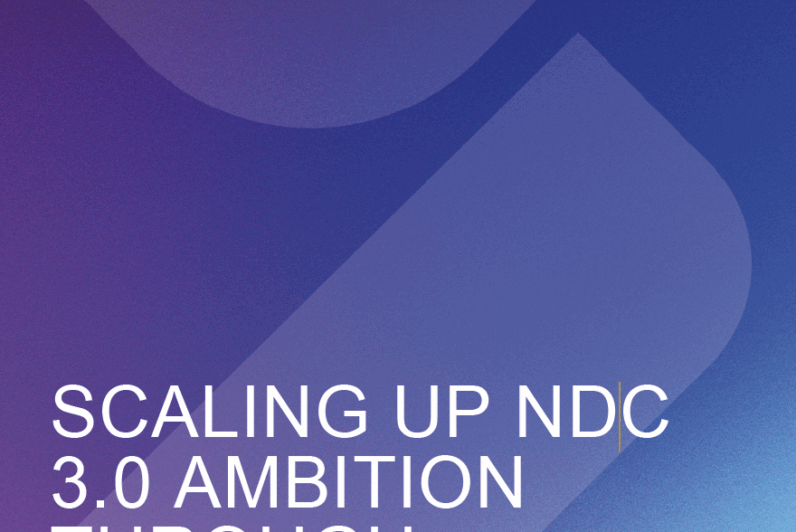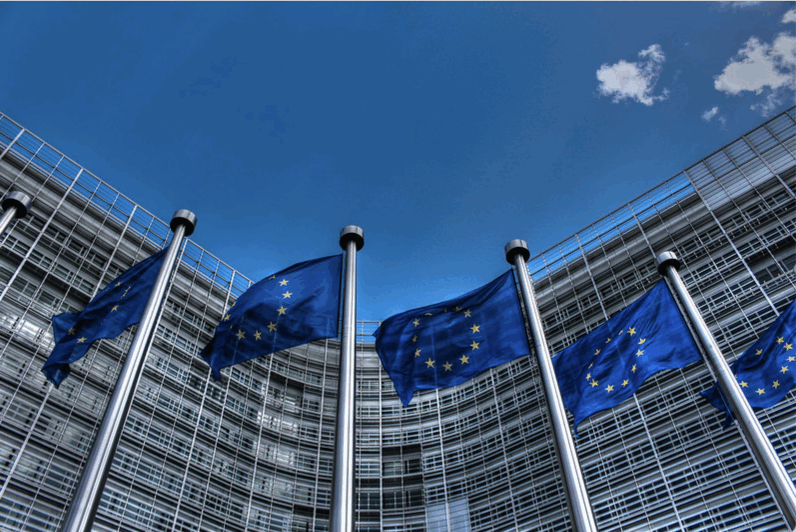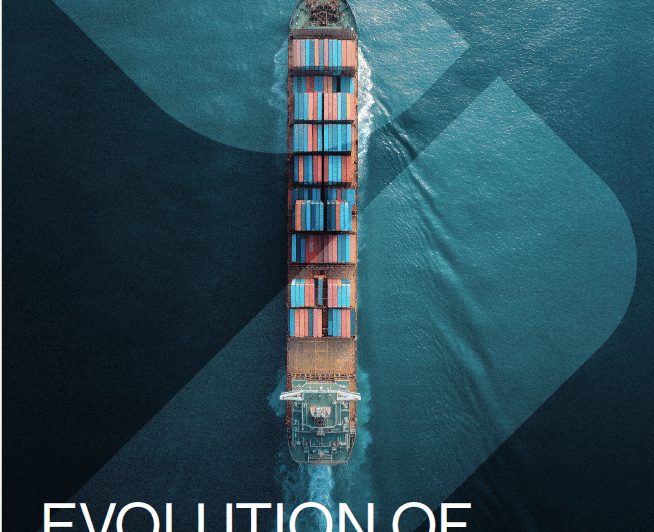Washington state legislature passes cap-and-invest bill to establish newest carbon market

26.04.21|Press Releases
TORONTO, 26 April – On 24 April, the Washington state legislature passed the Climate Commitment Act (Senate Bill 5126), which commits the state to an economy-wide cap-and-invest system to cut greenhouse gas (GHG) emissions starting in 2023. This law makes Washington one of 13 states in the US to launch a carbon market.
“We warmly welcome this new ambitious state-level market,” said Dirk Forrister, IETA’s President and CEO. “The programme sets a firm emissions reduction target, and covered sources are free to choose how to make the reductions in a market that rewards additional action with economic value. The system is economically efficient for consumers, workers and businesses alike.”
The state’s new carbon market will help drive emissions to achieve previously-agreed goals of cutting GHGs by 45% below 1990 levels by 2035, and net zero by 2050.
“2021 is shaping up to be one of the most remarkable years in our collective response to climate change,” Forrister added. “China and the UK are launching new emissions markets, New Zealand has revamped its system to set an absolute cap on emissions for the first time, and the voluntary market is growing by leaps and bounds.”
Washington’s market has been explicitly designed to link to other “allowance-based” markets such as California’s cap-and-trade system or the 11-state Regional Greenhouse Gas Initiative in the US northeast.
“We’re particularly pleased that Washington has recognised the value of program alignment and linked markets, which can offer greater economies of scale and widen the pool of available abatement,” Forrister said.
“We look forward to playing an active role as the state’s Department of Ecology begins the process of turning legislation into the regulations required to operate the market.”
BACKGROUND INFORMATION
Washington’s economy-wide cap-and-invest program covers all industrial facilities, power stations, natural gas suppliers and fuel suppliers that emit more than 25,000 tonnes a year.
Emissions allowances will be auctioned no more than four times a year, while energy-intensive and trade-exposed installations will receive allocation of free allowances until 2034. Thereafter, these allocations will decline until 2050.
Auction proceeds will be transferred to two special accounts, the “Forward Flexible Account” and the “Climate Investment Account”, from where they will be disbursed only for specific, climate-friendly projects.
The program will begin its first compliance period in 2023, running to the end of 2026. A cap on emissions will be set by the state’s Department of Ecology. Reviews of the system are set to take place in 2027 and 2035.


